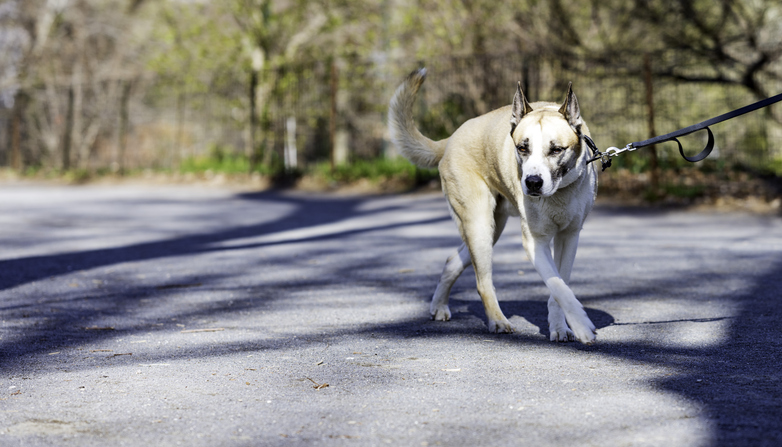
If you live in the Hudson Valley and have a dog or have ever been injured by one, a big change in New York law could affect your rights.
In April 2025, New York’s highest court changed how people can seek justice after being hurt by a dog. Before this decision, it was often hard to hold dog owners legally responsible unless the dog had already shown signs of being dangerous. Now, it’s easier for injured people to bring legal claims, and dog owners have more responsibility to keep others safe.
What Was the Old Rule?
Before April 2025, New York followed a very strict rule:
You could only win a dog bite case if you could prove the dog had a known history of aggressive behavior — like biting, growling, or attacking in the past — and that the owner knew about it.
That meant:
- If the dog had never bitten anyone before,
- Or if the owner claimed they had no idea the dog might hurt someone,
The injured person often couldn’t take legal action, even if they were seriously hurt.
This was often called the “one free bite” rule.
What Changed in 2025?
In a case called Flanders v. Goodfellow, the New York Court of Appeals (the state’s highest court) said: This rule is unfair and outdated.
The court ruled that:
You can now sue a dog owner if they were careless, even if the dog had never acted aggressive before.
That means:
- If a dog hurts someone and the owner didn’t take reasonable steps to prevent it (like using a leash, locking a gate, or warning visitors),
- The injured person may now have a case — even without proof of past behavior.
This is a huge shift in the law, especially for people who were turned away under the old rules.
Real-World Example
Imagine a delivery driver drops off a package. A dog runs out from the backyard, knocks them over, and they break their arm.
Old law: If the dog had never bitten before, and the owner said “I didn’t know my dog would do that,” the case might be thrown out.
New law: If the owner left the gate open or didn’t leash the dog — and someone got hurt — they could be held legally responsible for not being careful enough.
What Does This Mean for You?
If You Were Hurt by a Dog
- You may now have legal options, even if the dog had never bitten before.
- The law now considers whether the dog’s owner acted responsibly — not just whether they knew the dog was dangerous.
- If you were seriously hurt, you may be able to recover money for things like:
- Medical bills
- Time missed from work
- Pain and suffering
If You Own a Dog
- This change means you could be sued if your dog hurts someone — even if it’s never happened before.
- You need to take reasonable precautions to keep people safe:
- Keep your dog leashed in public
- Close gates and secure your yard
- Be careful around visitors, mail carriers, or delivery workers
- If your dog tends to jump or bark at people, be aware that it could still be seen as risky behavior
Why Did the Court Make This Change?
The judges in the Flanders case said the old law didn’t protect people enough. They felt that:
“New Yorkers should not be forced to bear the costs of injuries that could have been prevented by reasonable care.”
In other words: If a dog owner could have prevented someone from getting hurt, they should be responsible — even if their dog never acted out before.
What Should You Do If You’re Hurt by a Dog?
If you or someone you care about is injured by a dog in the Hudson Valley:
- Get medical help right away.
- Take photos of the injury and the area (gate, leash, fence, etc.).
- Write down what happened — while it’s still fresh in your mind.
- Get witness information if anyone saw it.
- Report the incident to local authorities or animal control.
- Talk to a personal injury attorney familiar with the new law — they can tell you if you have a case.
New York’s dog bite law now looks at whether the owner was being careful — not just whether their dog had a violent history. That makes it easier for injured people to seek justice, and it puts more responsibility on dog owners to prevent harm.
If you live in the Hudson Valley, it’s important to understand your rights — whether you’ve been hurt by a dog, or you share your home with one.
